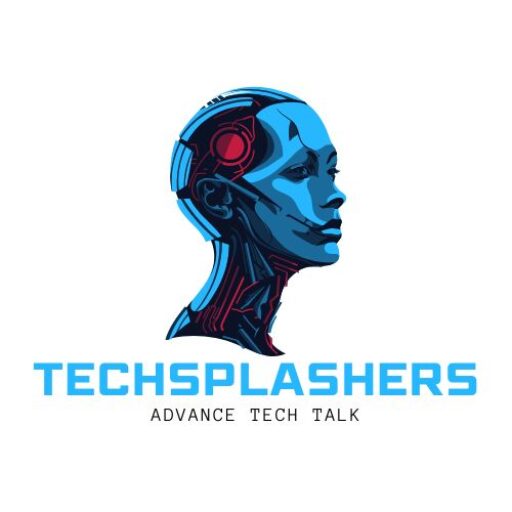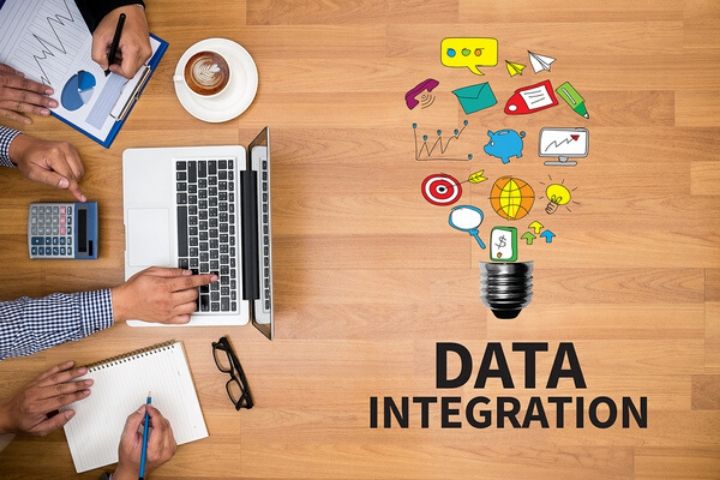That companies are orienting their business model towards data is a fact that is more than demonstrable, in addition to an increasingly common trend within their global IT infrastructures. But to achieve true potential and take advantage of the value of corporate information, it is necessary to carry out a specific strategy to ensure that all systems are interconnected
This can only be achieved with the use of an enterprise data integration solution that ensures reliable access to all data flows, of whatever type. Although the reality is that currently, the vast majority of companies have a high degree of synchronization between data and infrastructures, they still do not have a single tool that allows them to be shared across the different systems.
Therefore, it is necessary to adopt solutions that quickly and securely integrate all the information with advanced management applications. This is the main objective of enterprise data integration solutions, which must also be adapted to existing software and hardware, in order to avoid replacement strategies that will have a significant impact on costs.
What Do Data Integration Tools Bring To Companies?
The volume of information handled by organizations comes from a multitude of sources, in different formats, sizes and levels of complexity. The evolution of business infrastructures during the last decade has caused traditional data storage systems to become obsolete.
For this reason, current infrastructures must become powerful engines for analyzing high-value data, especially those that come from digital sources, such as social networks or websites. If the corporate IT infrastructure is not prepared to respond quickly and effectively, it will not be able to adequately meet its level of service.
To prevent this from happening, the most reliable alternative is to plan a strategy that revolves around optimizing data storage, and thus take better advantage of the overall architecture of the company.
The interoperability is a key element in this type of integration tools. Today’s big data presents new challenges related to a wide variety of types and formats. Enterprise data integration solutions address this need and are emerging as the right technology to put all the pieces together, be they data warehouses, relational databases, Hadoop or NoSQL.
In short, when organizations make use of these systems, they will have an orderly view of all data and critical corporate information. Therefore, they are tools designed to effectively combine all sources and show end users a unified view of all data. This will certainly help them in making the most appropriate decisions.
Keys To Deciding The Best Enterprise Data Integration Tools
Data integration, therefore, becomes a key piece in the evolution of a business and is the one that will set the course for success. But when choosing which is the best enterprise data integration solution, it is essential to study its characteristics, in order to know which one will best suit the specific needs of the company.
Therefore, a strategy must be carried out that defines what the objectives are to be met and to determine if it will meet expectations. These are the most important keys that a suitable tool for the integration of business data must gather:
1. Reduce The Complexity Of The Data
Sometimes the information handled by an organization is so complex that it is necessary to use a tool capable of simplifying all the data for the benefit of the business itself. This is the main objective of this technology and it will be the first to be valued when choosing the right solution.
2. Increase The Value Of The Data
Thanks to unified system platforms, it is possible to gather data sets of different types, formats and sources. It is an action that will give a high value to the information and will facilitate its management as much as possible.
3. Increase The Availability Of Data.
The centralization of information facilitates the retrieval and analysis of information from anywhere, both outside and within the organization. Thus, users can access data at any time and in real-time, which will facilitate collaboration and increase business productivity.
Advantages of business data integration solutions
The benefits of this type of tools are very broad, but the most important can be summarized as:
- Trust: Enterprise data integration solutions turn information into secure and reliable data, two essential characteristics for companies. Therefore, they are essential to provide reliable and consistent information for the development of Big Data projects.
- Speed: this technology allows data to be managed in real-time, an increasingly growing need within current business models. Integration platforms also help manage and leverage the full value of information to make the right decisions.
- Consolidation: This technology largely integrates and consolidates the applications of the IT infrastructure. If organizations keep multiple systems disconnected from each other, it will adversely affect business performance and increase upgrade costs. The main advantage of an enterprise data integration solution is that it automates manual processes, improving the customer experience and the execution of all processes.
Reliable data: the ultimate goal of enterprise data integration solutions
All the advantages and opportunities offered by business data integration systems would be of no real value if they did not fulfil an essential premise: information security.
When the success of a business depends on the data to make effective business decisions without risk, you must ensure first of all that the data is 100% reliable. Information management, its quality and audits continue to be fundamental aspects within the business structure.
Therefore, organizations should choose tools that ensure these processes:
- Centralized management and control: Integration systems should ensure data certification before publication, thus obtaining reliable transparent information.
- Access security: It is essential to control as much as possible how to access the data, protecting it both in the transit phase and the source from which it comes, in order to prevent unauthorized access to certain information.
All these aspects demonstrate that having an enterprise data integration solution is an imperative need for any type of organization. Having a tool that builds trust in company data, manages information in real-time and consolidates applications are the keys to this type of system and it is the challenge that business IT infrastructures have to face.



![Top 10 M4uFree Movie Alternatives | M4uFreeMovie in 2022 [Updated]](https://www.techsplashers.com/wp-content/uploads/2022/03/Top-10-M4uFree-Movie-Alternatives-M4uFreeMovie-in-2022-Updated.jpg)








Leave a Reply